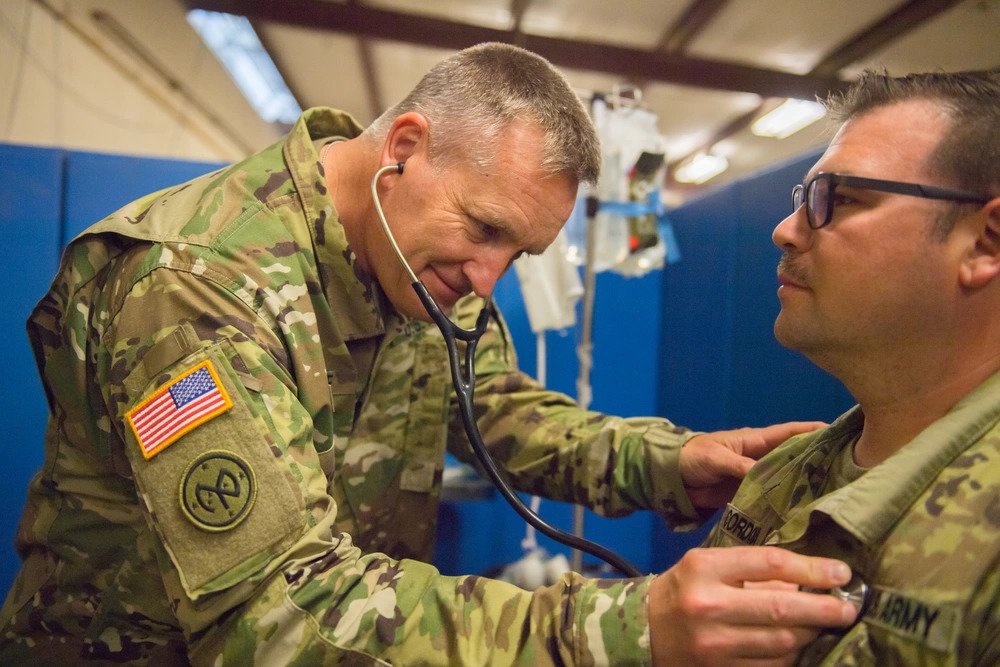
A National Guard doctor examines a soldier. Idaho Army National Guard photo by Sgt. Mason Cutrer.
Here we go again.
There is a clear trend developing in this country of the National Guard being used for very … not National Guard things. First it was schools, and now it’s hospitals.
Taking a page straight out of Massachusetts Gov. Charlie Baker’s book, New York Gov. Kathy Hochul is now considering utilizing the National Guard to fill potential hospital staffing shortages that could arise from health care workers refusing to follow the New York vaccine mandate for medical professionals. Hochul’s plan also includes retired nurses and providers from different countries filling gaps, because who better to help you out in your time of need than a retiree or someone who doesn’t speak your language?
What’s next? Our bet is on Alabama’s National Guard filling in for shortages at Wendy’s drive-thrus. Regardless, if the powers that be want to run hospitals with our nation’s military, we have some ideas on how best to utilize them.
Here are five roles the National Guard can fill in the medical field.
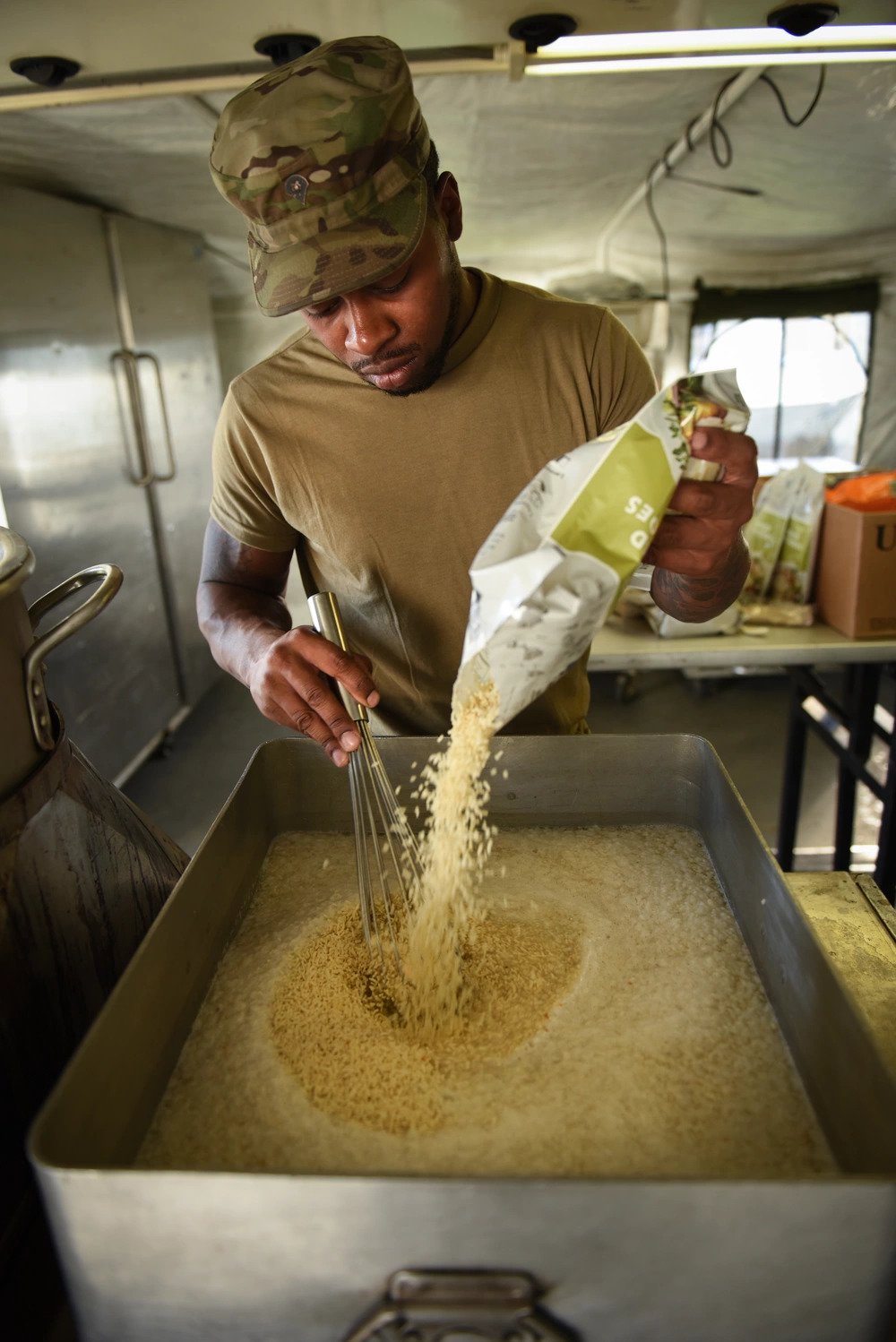
Cooks as Gastroenterologists
Who better to solve the root cause of your gastrointestinal disorder than a person who inflicts them on people for a living? Military cooks are well versed in food-borne illnesses, nutrition, and rough aspects of anatomy from preparing animals. They can provide a unique perspective that classically trained doctors might not have: They’ve given tons of people the shits and know what to look for.
Can’t poop? You’ve been eating too many MREs or otherwise preservative-laden foods — have some fruit. Your stomach hurts and your poop is black? I left some rocks in the mashed potatoes once and had that happen to some soldiers and, well, you need surgery. Oh shit, you started off with gut pain and now your face is drooping? Did you eat spicy peppers? Yeah, it’s botulism, buddy. I once bought a whole mess of chile peppers at a bazaar downrange and threw them in the chili later that night — the entire FOB was paralyzed by morning. It’s botulism. Here’s some meds.
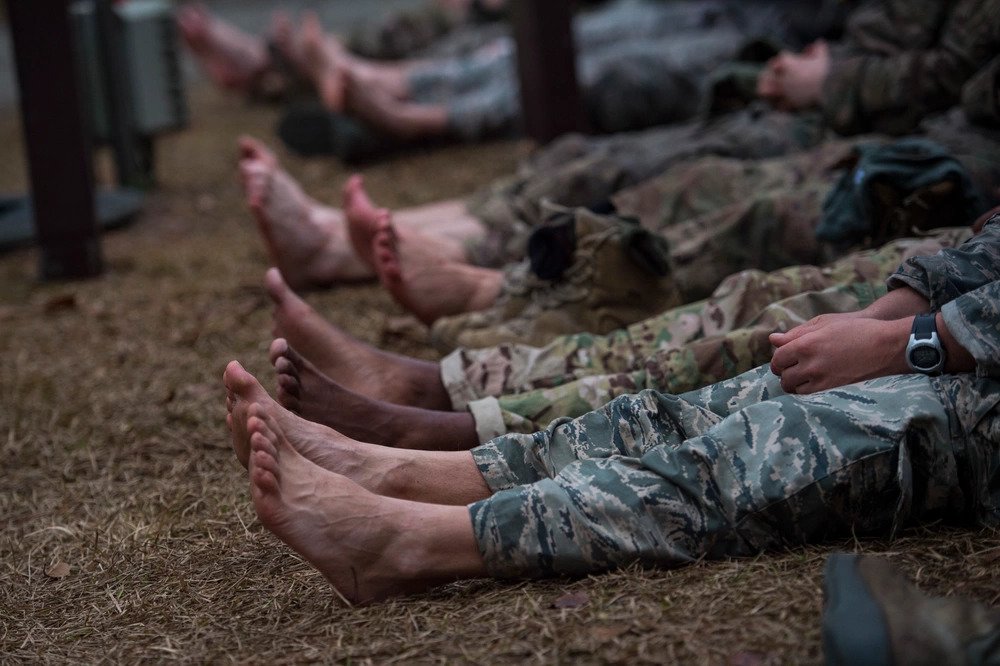
Creepy Guy From S-1 as Podiatrist
In every S-1, there is a creepy guy who is way too into feet. We don’t know if the environment creates them or if they’re just drawn to it, but they’re there. If you work in S-1 and can’t identify this person, it’s you. This guy volunteers to hold everyone’s feet during situps at PT and will gladly try to hold two different sets of feet if you let him. If you ever try to smoke him, he will go into front leaning rest right at your feet and damn near bank his forehead off your boots. He just loves them, and we’re not trying to shame him for it. We just think he would be well suited putting his passion to work in a podiatry clinic.

Infantry as Anesthesiologists
The United States infantry has been the wooden club to America’s baby seal-like enemies since its inception, and whether it’s bad guys on the battlefield or at the bar, members of the infantry are highly adept at putting people to sleep. Sure, infantrymen may lack the education, intelligence, and knowledge of anesthetic medications that a traditional anesthesiologist has, but what they do have is the practiced ability of knocking someone the f**k out. Different method, same principle.
Utilizing infantrymen in the operating room will be a significant cost-cutting maneuver. Why pay a highly educated anesthesiologist a ridiculous salary to administer expensive drugs to put someone to sleep when you can pay an infantryman less than your average employee at Walmart to stand there and punch the patient in the face every time they start to wake up? It’s a foolproof, fiscally responsible utilization of the National Guard in hospitals … just keep a tire iron handy in case the patient is tough.
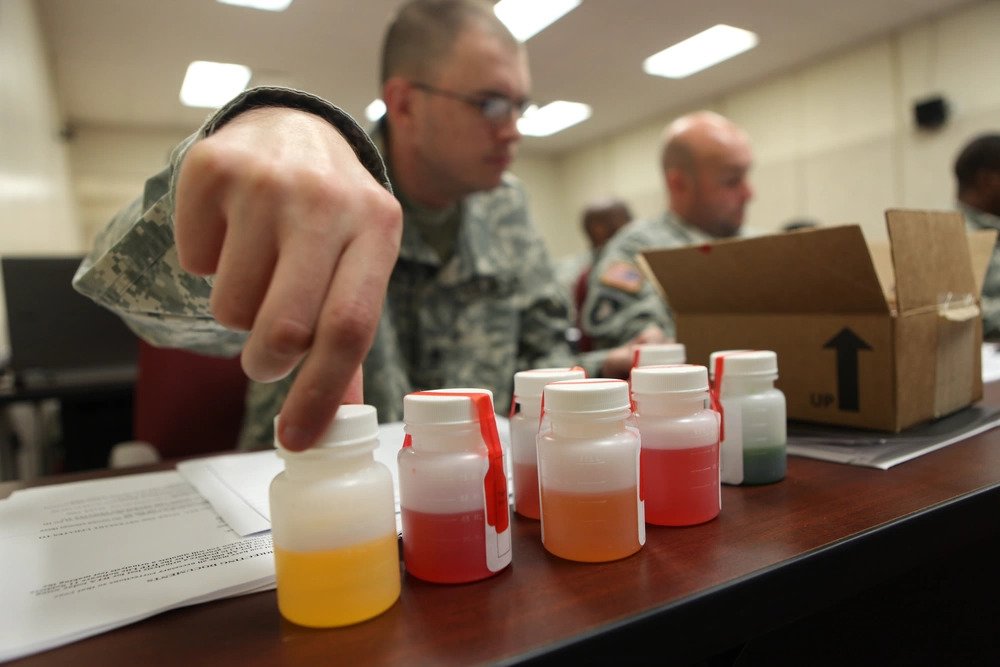
Urinalysis Pecker Checker as Lab Technician
No, urinalysis pecker checker isn’t an actual MOS in the United States military, although many grunt medics out there would likely beg to differ. The pecker checker is assigned during random drug urinalysis in the Army. During the whiz quiz, the pecker checker will follow you into the bathroom and stare directly at your … service member … while you try to pee in a cup to ensure that you’re not cheating in any way. It is tacitly understood that this job is given either to the weird foot dude from S-1 or to the least liked NCO in the company. Typically they’re one and the same.
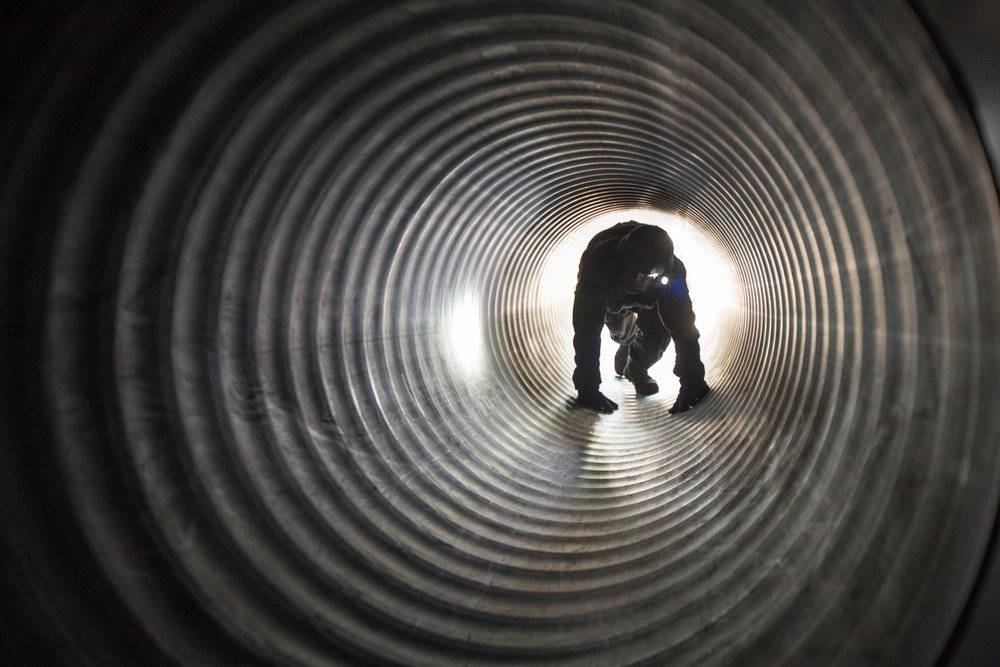
Engineers as Proctologists
United States Army engineers are experts at breaching barriers, and if an engineer can blast through enemy fortifications, they’ll have no trouble at all breaching through your butt cheeks and finding the root cause of your anal anguish. National Guard engineers are uniquely qualified for this task, as many are trained in confined space rescue and extraction techniques. Should, at any point, a foreign object become lost and/or trapped in your confined space, there’s no one that we’d trust more than a National Guard engineer to get it out alive and safe.
We’re no experts, but if an engineer can locate hidden mines in the roads of Afghanistan or Iraq, they should have no issue locating abnormalities in your poop chute. Their analytical and hands-on approach makes them ideal candidates for proctologists. However, they should be encouraged to leave their traditional tools of the trade at the base. No one wants to walk into their proctologist’s office and see a stick of C4 or power tools.
Read Next: Driving Buses and 5 Other Roles the National Guard Can Fill in Public Schools

Eric Miller is a former Army Combat Medic from Parkersburg, West Virginia. He holds a bachelor’s degree in history and has worked with homeless populations and veteran services throughout the state. He is an avid outdoorsman and has recently become interested in woodworking.
BRCC and Bad Moon Print Press team up for an exclusive, limited-edition T-shirt design!
BRCC partners with Team Room Design for an exclusive T-shirt release!
Thirty Seconds Out has partnered with BRCC for an exclusive shirt design invoking the God of Winter.
Lucas O'Hara of Grizzly Forge has teamed up with BRCC for a badass, exclusive Shirt Club T-shirt design featuring his most popular knife and tiomahawk.
Coffee or Die sits down with one of the graphic designers behind Black Rifle Coffee's signature look and vibe.
Biden will award the Medal of Honor to a Vietnam War Army helicopter pilot who risked his life to save a reconnaissance team from almost certain death.
Ever wonder how much Jack Mandaville would f*ck sh*t up if he went back in time? The American Revolution didn't even see him coming.
A nearly 200-year-old West Point time capsule that at first appeared to yield little more than dust contains hidden treasure, the US Military Academy said.












